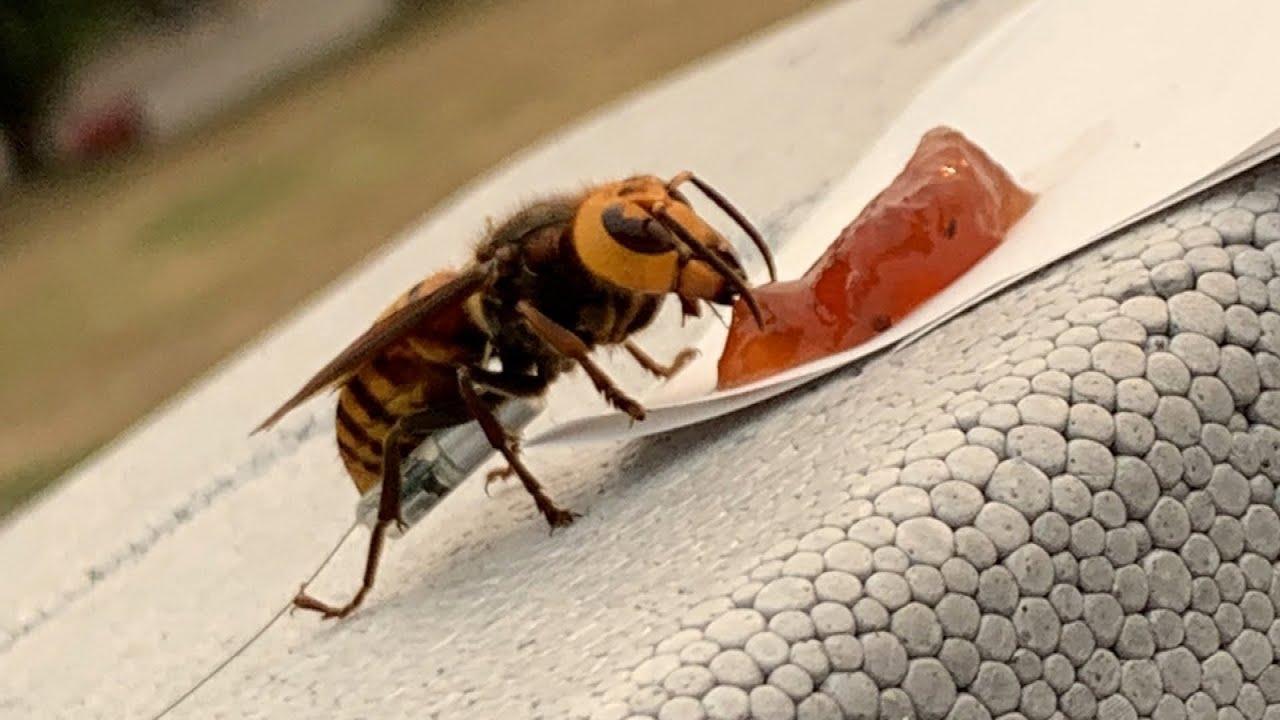When hornets build nests around your home, they bring more than noise—they bring real danger. This guide explains the risks, shares a real case study, and outlines what you should expect from professional hornet removal services.
Spotting hornets near your porch or garage is unsettling. Their nests grow quickly, and the insects defend them aggressively. For many families, the first instinct is to look for a hornet exterminator near me before the problem escalates.
Trying DIY sprays or traps may seem tempting, but disturbing a nest without training often leads to swarms and painful stings. The safer, lasting solution is professional removal carried out by someone who knows exactly how to handle hornets.
Why Hornet Nests Become a Serious Threat
Hornets are more than an outdoor nuisance. Their stings are powerful, and multiple stings can cause severe allergic reactions. Even people without allergies often describe swelling and pain lasting for days.
Nests also grow fast. A small papery comb early in summer can turn into a colony of hundreds by late season. Once established, hornets become territorial, making simple tasks like mowing the lawn or letting pets outside dangerous.
The Real Risks of Waiting Too Long
Many homeowners delay action, hoping the hornets will leave on their own. Unfortunately, nests rarely disappear—they only expand. By the time cooler weather drives activity down, damage is already done.
Delays increase the chances of attacks. A single vibration—like shutting a garage door or brushing against a shrub—can trigger an aggressive swarm. Waiting too long also allows nests to spread into hidden areas like wall cavities or attic spaces.
How a Professional Exterminator Solves the Problem
Hiring a professional is not just about safety gear. A skilled technician studies hornet behavior, identifies entry points, and applies methods that eliminate the nest without spreading the swarm.
They know the best timing for removal—often at night when hornets are less active. They also use specialized equipment like protective suits, targeted dusts, and safe extraction tools. This careful approach means the nest is fully removed and unlikely to return.
Hornet Nest in a Broklyn Colonial Home
A family in Nassau County, Broklyn, discovered hornets flying near their garage roofline. At first, they assumed it was a small wasp issue and used a can of insect spray. The next evening, activity doubled, and stings became a real concern.
When they finally called a local exterminator, the inspection revealed a large hornet nest hidden inside the attic soffit. The technician scheduled removal for dusk, sealed gaps after extraction, and cleared debris to stop new colonies from forming.
Within days, the hornet activity was gone, and the family could use their backyard patio again. Months later, no further nests developed, proving the professional solution worked.
What to Expect During a Visit
When you schedule removal, the technician will start with a safety-focused inspection. They’ll ask where you’ve seen activity, how long it’s been happening, and whether anyone in your household has sting allergies.
A clear plan is then explained. Depending on nest size and location, the removal may happen immediately or later in the evening when hornets are inside. You should also receive an estimate and, ideally, a short-term guarantee.
Tools and Techniques You May See
Professionals bring more than sprays. Common tools include:
- Protective suits, masks, and gloves.
- Extension tools to reach eaves or rooflines.
- Low-toxicity dusts for hidden cavities.
- Specialized vacuums to safely extract hornets.
The goal is to remove the nest completely, ensure hidden combs aren’t left behind, and prevent re-establishment.
Preventing Hornet Problems After Removal
Even after removal, prevention is key. Homeowners can reduce risks with a few practical steps:
- Seal small gaps in siding, vents, and soffits.
- Store outdoor equipment and lumber in closed areas.
- Keep garbage bins covered to avoid attracting insects.
- Trim trees and shrubs back from the house.
These habits don’t just deter hornets—they also help with other pests like wasps and rodents.
When DIY Becomes Dangerous
Spraying from a distance or knocking down nests without protective gear is one of the biggest mistakes people make. Hornets respond aggressively when threatened, and an incomplete attempt often scatters the colony instead of eliminating it.
DIY can also be risky around children and pets, as most sprays contain chemicals unsafe for contact. For these reasons, experts consistently advise professional handling for anything larger than a golf-ball-sized nest.
When to Call Immediately
Don’t wait if you notice:
- A nest forming near doors, garages, or patios.
- Aggressive hornets circling your yard or attic vents.
- Signs of hidden nests inside walls or ceilings.
Quick action prevents the colony from multiplying and reduces the chance of painful encounters.
Choosing the Right Service
Not all exterminators are equal. Look for companies that:
- Offer clear explanations before treatment.
- Use safe, targeted methods rather than blanket sprays.
- Provide follow-up visits or short-term warranties.
- Carry insurance and proper licensing.
Checking local reviews and asking neighbors for recommendations can also point you toward reliable providers.
Why Local Experience Matters
Hornet behavior can vary by region. In island communities like Long Island, older homes with cedar siding and attic soffits often attract nests. A local professional understands these structures and knows where hornets are most likely to settle.
That local expertise often makes the difference between quick removal and repeated infestations.
Conclusion
Hornet nests are not just a seasonal annoyance—they are a safety threat that can turn daily routines into stressful events. Trying to handle them alone often ends with more stings and bigger colonies.
Calling a professional ensures the nest is gone quickly, safely, and permanently. If you’re noticing increased activity around your home, don’t wait—reach out to a trusted pest control service today. Protect your family, your pets, and your peace of mind with expert help.

